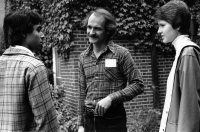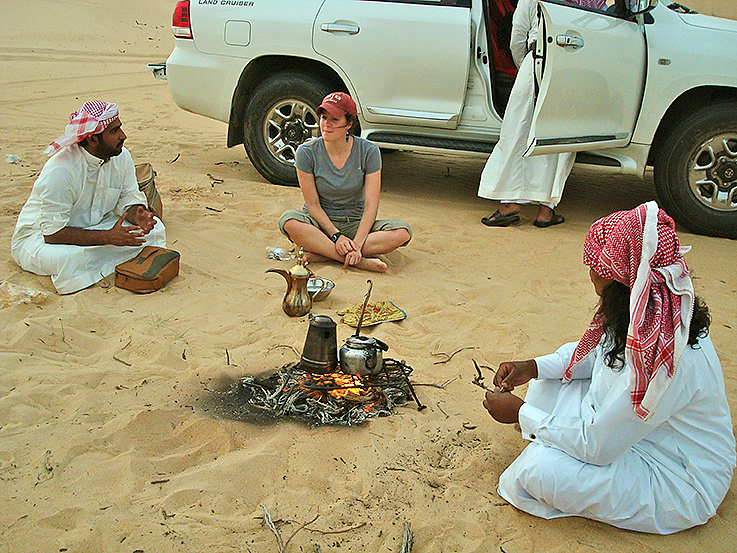
Physical anthropologist to discuss myths of race at Bates
Matt Cartmill, professor of biological anthropology and anatomy at Duke University, will discuss “Myths of Race” at 7:30 p.m. Monday March 13, in Room G52 of Pettengill Hall on the Bates College campus. The public is invited to attend the annual Phi Beta Kappa Visiting Scholar Lecture free of charge.
According to Cartmill, author of the award-winning “A View to a Death in the Morning: Hunting and Nature Through History,” people differ genetically. “Some of these differences are correlated with factors of geography, physical appearance and behavior. However, these biological facts do not justify classifying people into so-called races. If races are defined in terms of geography, then biological human races have not existed for centuries, if ever.”
Loring Danforth, professor of anthropology at Bates, emphasizes that in contradicting many people’s common-sense views of race, “physical or biological anthropologists have crucial insights to offer on the subject.”
A member of the Duke faculty since 1969, Cartmill is the recipient of the Duke University Scholar/Teacher of the Year Award and the Duke Medical Alumni Distinguished Teaching Award. His research interests include animal locomotion, origin and differentiation of primates, evolution of arboreal adaptations in mammals, evolution of the carotid arteries and basicranium, origins of higher primates, theoretical systematics, history of ideas and the philosophy of science.
Co-author of Human Structure, Cartmill is former editor-in-chief of the American Journal of Physical Anthropology and past president of the American Association of Physical Anthropologists. He has received grants and fellowships from National Institutes of Heath as well as the Guggenheim, National Science and Leakey foundations. Cartmill received his B.A. from Pomona College and his M.A. and Ph.D from the University of Chicago.
The annual Visiting Scholar Lecture is sponsored by Phi Beta Kappa, the nation’s oldest and most prestigious academic honor society. The lectureship program brings some of the country’s most distinguished thinkers to college campuses for public lectures and classroom discussions.



